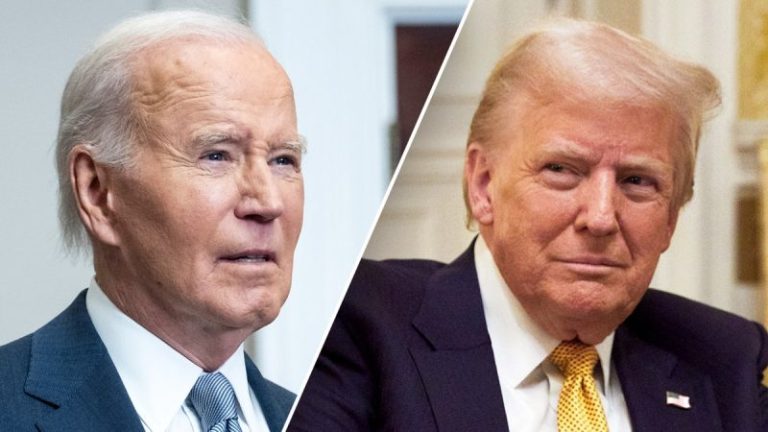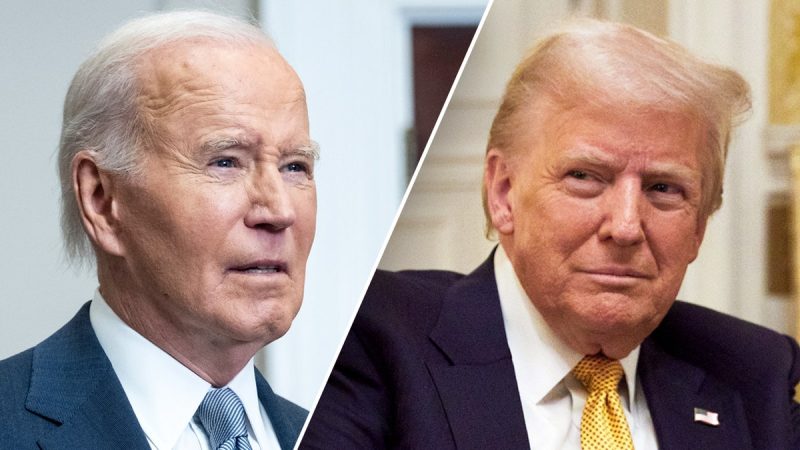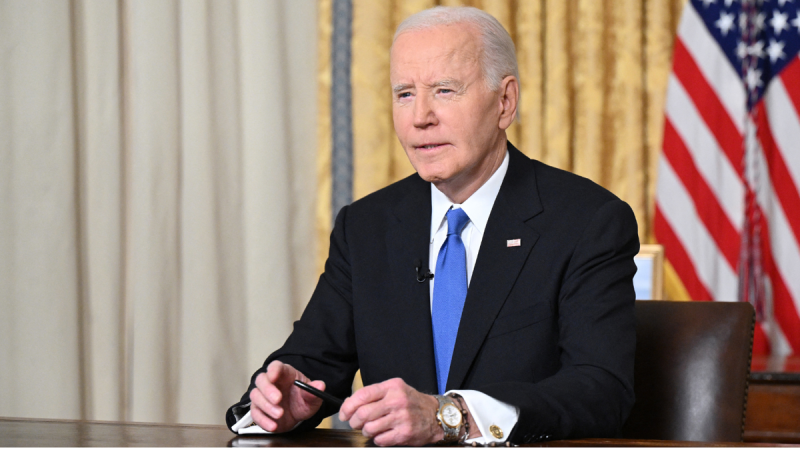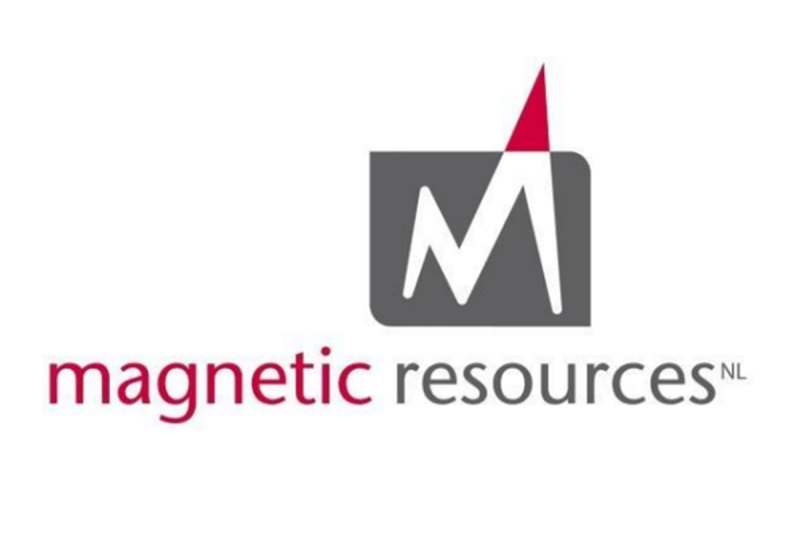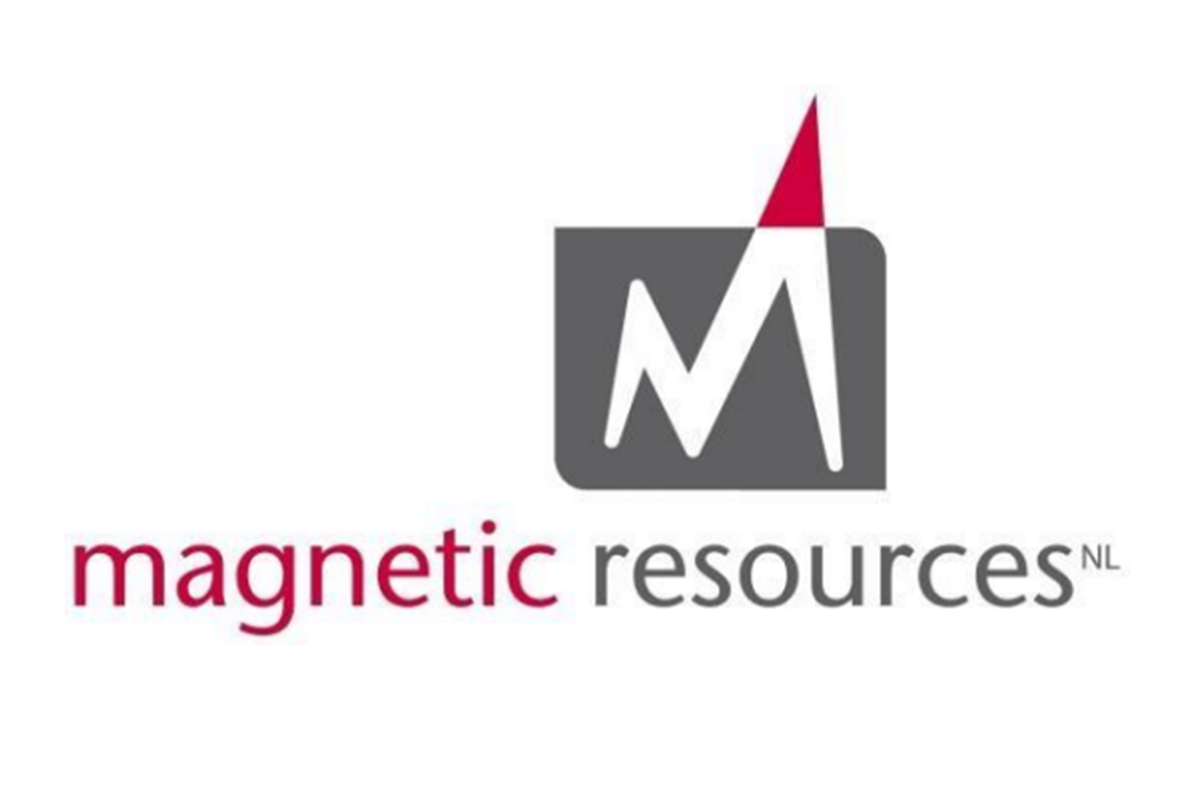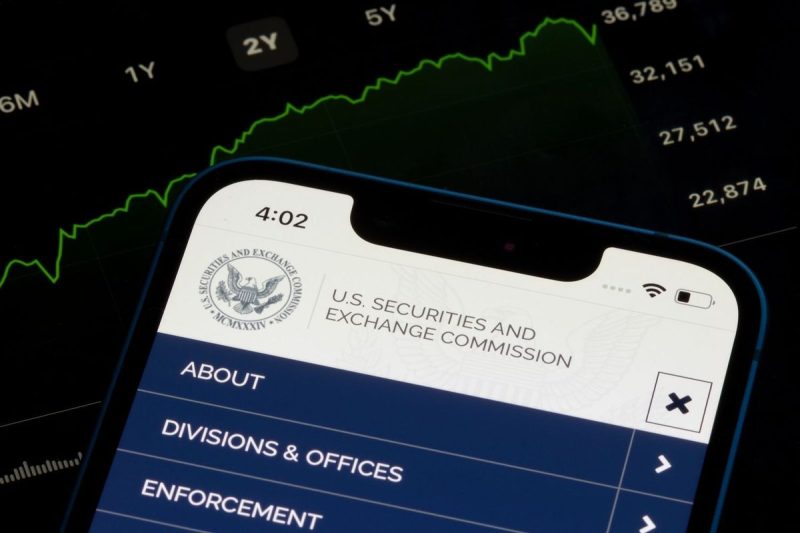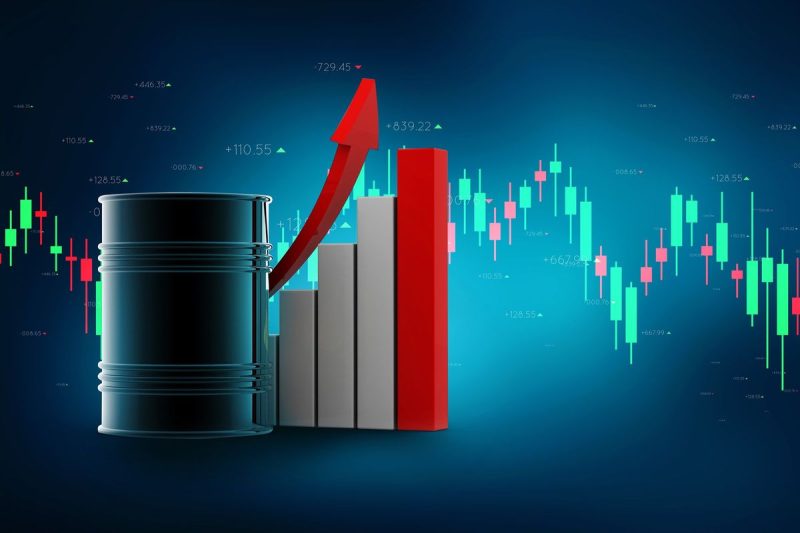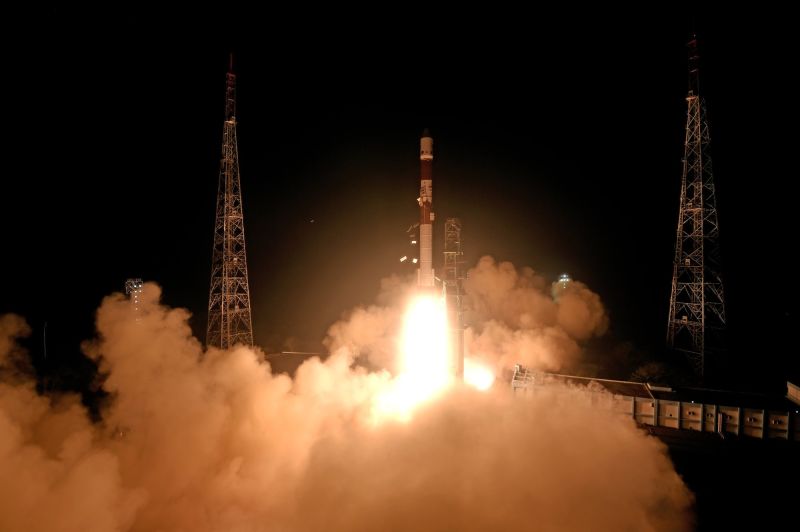
India on Thursday became the fourth country to successfully achieve an unmanned docking in space, a feat seen as pivotal for future missions as New Delhi cements its place as a global space power.
The United States, Russia and China are the only other countries to have developed and tested the docking capability.
“Spacecraft docking successfully completed! A historic moment,” the Indian Space Research Organization (ISRO) said on X.
The Indian space agency’s mission, called the Space Docking Experiment (SpaDex), involved deploying two small spacecraft, weighing about 220 kilograms each, into low-earth orbit. The two spacecraft, called Target and Chaser, blasted off from the Satish Dhawan Space Center in southern Andhra Pradesh state on December 30 aboard an Indian-made PSLV rocket.
On Thursday, they conducted a rendezvous before docking together.
India’s “SpaDex mission marks the beginning of a new era in space exploration, showcasing India’s technological prowess and ambition,” Minister for Space Jitendra Singh said on X at the time it launched.
In-docking technology is critical for future space endeavors, such as satellite servicing and when multiple rocket launches are required to achieve mission objectives.
Domestically developed docking technology will be crucial if India is to succeed in advancing its ambition of putting an Indian national on the moon, building a home-grown space station, and returning lunar samples, according to the ISRO.
The technology will allow India to transfer materials from one satellite or spacecraft to another, such as payloads, lunar samples or, eventually, humans in space, Singh told reporters at a press conference on December 31.
As part of the mission, the docked spacecraft will also demonstrate the transfer of electric power between them, once they are linked. This is essential for operating in-space robotics, spacecraft control, and payload operations during future missions.
Before the docking, India on Sunday conducted a “trial attempt” where the two satellites were brought progressively closer together in orbit until they reached 3 meters apart, before moving back to a “safe distance.”
The successful docking came after the experiment was twice postponed on January 7 and 9 due to technical issues, and the spacecraft drifting more than expected during a maneuver to bring them closer together.
A global space race
India’s space ambitions have accelerated under Prime Minister Narendra Modi, who was elected to a third term last June and who has tried to assert India’s place on the global stage.
In 2023, India joined an elite space club becoming the fourth country to land a spacecraft on the moon. The historic Chandrayaan-3 mission, the first to make a soft landing close to the moon’s unexplored South Pole, has collected samples that are helping scientists understand how the moon was formed and evolved over time.
As part of its ambitious plans, India aims to launch its first crewed mission to space in the next few years, and put an astronaut on the moon – a feat only ever achieved by the US – by 2040.
The country has also set its sights on building its own space station by 2035, which will be called the “Bharatiya Antariksha Station,” and launching its first orbital mission to Venus in 2028. It also plans to return moon samples as part of its ongoing lunar Chandarayaan program in 2027.
India has also made a major push to commercialize its space sector in recent years, allowing private enterprise and easing approvals for foreign investment, which has focused on building and launching small satellites into low-Earth orbit more cheaply.
For Sunday’s docking experiment, the rocket and spacecraft were integrated and tested at private company Ananth Technologies, in a first for the country.




